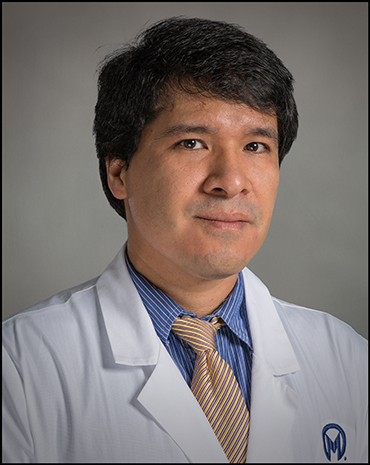Moffitt Aims to Improve CAR T Therapy
Cellular immunotherapy, specifically chimeric antigen receptor T-cell therapy (CAR T), has been one of the biggest breakthroughs in cancer treatment. CAR T uses a patient’s own T cells, removed through a process called apheresis, that are genetically modified in the lab to attach a receptor. This receptor acts as a GPS allowing the CAR T cells, once infused back into the patient, to see out and kill cancer cells.
Two CAR T therapies, tisagenlecleucel and axicabtagene ciloleucel, have been approved for the treatment of certain leukemias and lymphomas. While this type of therapy can work well for those patients who have failed multiple therapies and have limited treatment options, it does not work for everyone.
Moffitt Cancer Center physicians and researchers have been working to help improve the delivery and effectiveness of cellular immunotherapy for blood cancer patients, as well as develop new CAR T products. Some of the work was presented at this year’s American Society of Hematology Annual Meeting.
Retreating with CAR T
The CAR T process involves a single infusion of genetically modified T cells. Patients are given conditioning chemotherapy prior to infusion to deplete the immune system and make room for the new CAR T cells. But what if patients don’t respond or relapse to therapy?
A study evaluating the use of axicabtagene ciloleucel in patients with advanced stage indolent non-Hodgkin lymphomas, such as follicular lymphoma or marginal zone lymphoma, is also aiming to answer the question could patients receive a second infusion of CAR T cells if they relapse after their initial response to the first CAR T treatment.
Results showed that patients exhibited high response rates to retreatment with CAR T.
“Our sample size was small, but our data indicates that a second infusion of CAR T cells is feasible and safe. However, it too early to say whether this will be widely adopted or whether the FDA would approve retreatment, said Dr. Julio Chavez, the study’s principal investigator and associate member of the Malignant Hematology Department at Moffitt. “More study is needed.”
Improving T cell collection
T cells are a large part of CAR T cell therapy. It is why researchers are investigating ways to improve T cell quality in patients who receive this type of therapy. One such study involves the use of ibrutinib, a targeted therapy known to improve the health of T cells, prior to apheresis.
“If we can collect a better population of T cells from the patient, the final CAR T product will be better and could lead to an improved outcome,” said Chavez.

Results of the study, which included 10 patients, found that ibrutinib does show benefit in T cell collection and CAR T-cell manufacturing. However additional research is needed to validate these findings.



